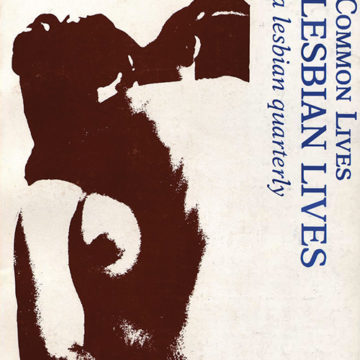Title (as given to the record by the creator): We Arenʼt Unicorns: Asians, Fatness, and Fatphobia
Date(s) of creation: June 16, 2008
Creator / author / publisher: Tara Shuai, Two Whole Cakes blog
Location: US
Physical description: 2 page PDF of a blog post
Reference #: 2WC-Not-Unicorns
Source: Tara Shuai
Links: [ PDF ] [ Two Whole Cakes ]
Transcript:
We Arenʼt Unicorns: Asians, Fatness, and Fatphobia
By Tara Shuai
June 16, 2008
I’m sure many of you by now have heard/read this fairly horrific news story.
For those of you who haven’t, the Japanese government has decreed that in order to decrease healthcare costs, Japanese adults between the ages of 40 and 74 must have their waistlines measured. Regardless of height or body shape, men with waistlines above 33.5 inches and women with waists above 35.4 inches “will be given dieting guidance if after three months they do not lose weight. If necessary, those people will be steered toward further re-education after six more months.”
Now, many of us, myself included, probably first reacted to this in shock and horror on multiple levels. Clearly, it’s a misdirected, fatphobic initiative that probably won’t save any money for the country in the long run. Totally agreed here.
What has been making me even more angry is what has always been one of my biggest interests/concerns, which is the way that race affects our experiences of fat and fatphobia.
The experiences of fat Asians are all but invisible in the eye of the world and in the fat activist community. It is not uncommon, even among fat Asians, to claim that Asians have “smaller frames.” And that kind of statement further perpetuates a whole bunch of shitty-ass myths, like Asian = East Asian. I don’t have the raw data, but does supposed smaller body size average include: South Asians, Middle Eastern Asians, Pacific Islanders, and/or Asian Americans?
And even among East Asians, is that really true? Are East Asians, on average, thinner than say, people in France or other Western European countries? I ask this not because I know the answer already, but because my own personal experience of having a chubby mom and a fat grandmother make me eye that so-called fact with suspicion.
But aside from the factual data of Asians’ average size, when people make that statement, it sets up the framework to be able to accuse those of us who are fat and East Asian, or at least part East Asian, of being fat of our own “fault.” If my Chinese heritage was supposed to have made me skinny, then by this logic, it must have been laziness that gave me hips, tits, and a gut. And as a fat activist community, we’ve already established that assigning blame to our bodies and their shapes and sizes is not helpful to our self esteems or us as a movement.
The other troubling thing about the post I linked was the attitude I saw creeping in that Asians, or in this case, Japanese people, are “crazy/wacky/weird” (read: we’ve got your perpetual foreigner right here, folks!) or are somehow more fatphobic or hostile towards fatphobic than people in North America*, as evidenced by several people saying that they wouldn’t want to visit Japan or at least had large reservations in doing so.
Yes, many East Asian folks are obsessed with thinness, and fatphobia is a very real problem, but I really don’t see how it’s somehow worse than what we have going on in the U.S. My mom and her family are extremely blunt. They have no shame commenting on my weight, and even after sitting down with my mother to lecture her about why she’s not allowed to talk about my weight, she’s made do by learning how to be fatphobic just like other people in the U.S. are: with coded language.
True, Asian folks might tell you to your face that they think you’re fat, but other people will think the same exact things and judge you silently. And you know, sometimes judge you out loud too, which I’m sure lots of us have experienced.
In short, the reactions I’ve seen to this article tell me a whole lot more about the intersections of race and fat than the article itself. The experiences of fat Asians continue to be invisiblized or treated as a statistical anomaly, and white folks in the U.S. use it as an excuse to continue the tired old perpetual foreigner myth. Disappointing.
*Which also implies that there is no Asian or Japanese diaspora in the U.S.? Which is of course because we are perpetually foreign invisible people (which kind of sounds like a superhero power if you ask me).




